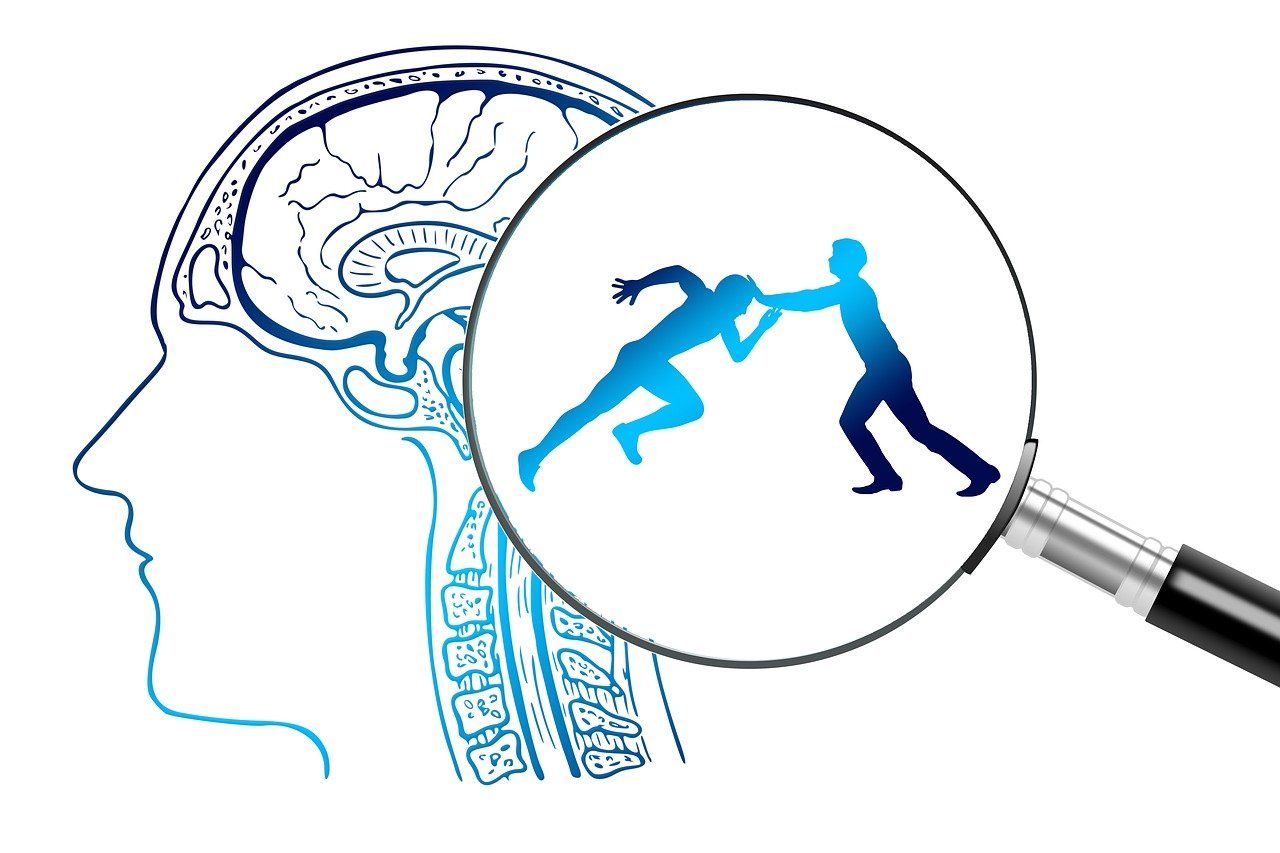Cognitive conflict is a psychological state of mind caused by cognitive dissonance. Cognitive dissonance is a theory of psychology originated by Leon Festinger (1919–1989), an American cognitive psychologist. Festinger defined cognitive dissonance as the presence of beliefs, actions, and behaviors that contradict one another.
Cognitive conflict is the psychological state of anxiety and tension that affects an individual’s mental state when cognitive dissonance occurs. A disruption in internal consistency (conflict) occurs when a new belief, value, or behavior contradicts what is already present. Festinger believed that human beings cannot live with cognitive conflict—internal consistency (lack of conflict) must be restored in order to relieve the anxious mental state in the individual caused by the conflict and allow them to move forward.
Cognitive conflict occurs in everyday life in various situations. For example, an employer might ask an employee to do something that contradicts the employee’s core belief system. Or a person who considers themself to be an honest person might wish to withhold bad news from a friend. Conflict can be caused by something as simple as devouring a candy bar after declaring to oneself that they will only eat healthy foods. Those choices lead to cognitive conflict, which cause feelings of anxiety, guilt, and tension.
The individual will try to restore consistency to relieve themself of the uncomfortable tension that the conflict causes. A belief, value, or behavior must be changed to restore consistency. This attempt often leads to self-reflection and critical thinking about the conflicting situation.
Deciding what to do to figure out the best course of action becomes a true learning experience. The individual must weigh their options to figure out the best possible decision. Thinking critically about the decision often encourages the individual to avoid simply following the crowd and group mindset in order to make an ethical and moral decision.
Several thought processes happen when an individual tries to resolve a cognitive conflict. Existing beliefs must be looked at with fresh eyes, which could lead to a new or changed belief. The individual may become aware of new options. Self-reflection forces the individual to examine who they are and what kind of person they want to be. Additional information may be needed by way of research or discussion with others.
Cognitive conflicts may cause negative emotions, but the resolution of the conflict can lead to the ability to make better decisions throughout one’s life. Critical thinking may even prevent future situations in which cognitive conflict is present. Actively working through a conflict helps an individual decide their next best steps for the future, such as instilling boundaries in life, taking time to process a situation thoughtfully before reacting to it, and reexamining their core belief system. These all lead, perhaps, to a new action that hasn’t been thought of before.
Cognitive conflicts, although psychologically distressing, lead to learning and personal growth. Working through a conflict to reach a decision consistent with one’s beliefs, actions, and behaviors helps the individual discover and define what gives their life meaning and positivity.
There is another major aspect to cognitive conflict brought on by cognitive dissonance. Cognitive conflict can affect group dynamics beyond just its effect on the individual. It has the potential to either strengthen a group or break it apart. Even if individual members hold different or opposing views, cognitive conflict within the group can be managed. And, just as with one individual working to resolve a conflict, the group may end up healthier as a result.
In group conflict, the group is forced to look at various options to resolve the conflict and to make a decision about the best one. The group develops reflective and critical thinking skills and learns to become creative in its problem-solving skills.
Managing cognitive conflict is essential in work-related groups. Projects and productivity stop if the group fails to work together to resolve a conflict. Group members may start to take the conflict personally, leading to employees resigning. Employees should be trained on how to communicate effectively when there is a conflict—open communication needs to be encouraged by the employer.
Innovation and new ideas should also be encouraged by the employer. Holding onto the same old ways that caused the conflict in the first place is unlikely to allow the group to resolve the conflict. Everyone in the group should have an equal voice as the group moves through the necessary steps to restoring consistency.
Resolving cognitive conflict may be experienced by an individual, a group, two or more individuals within a group, between groups, between organizations, and even globally. Inconsistency may arise between conflicts over goals or resources as well as an individual conflict over values or beliefs. Major issues ranging from a crisis of conscience to war between nations are the results of cognitive conflict that remains unresolved.
The larger the group or groups, the more complicated resolving cognitive conflict becomes. Differing values, beliefs, and actions may be as diverse and opposing as the number of individuals, groups, or nations. Worldview, culture, and politics all enter the mix and are seemingly incompatible. All parties have to decide on one outcome in order to resolve the conflict. The group must make a conscious effort to resolve the conflict; otherwise, new conflicts and hostilities will arise.
The resolution that works on an individual level also works on a group level, albeit, allowing for some differences. If each individual within the group sees themself as part of the group, resolution will happen faster than if each individual sees themself as independent from the group. Seeing oneself as independent from the group may cause individuals within the group to compete with one another rather than work cooperatively. Encouraging a collegial atmosphere in the workplace, or among groups in other situations, helps to mitigate this complication.

